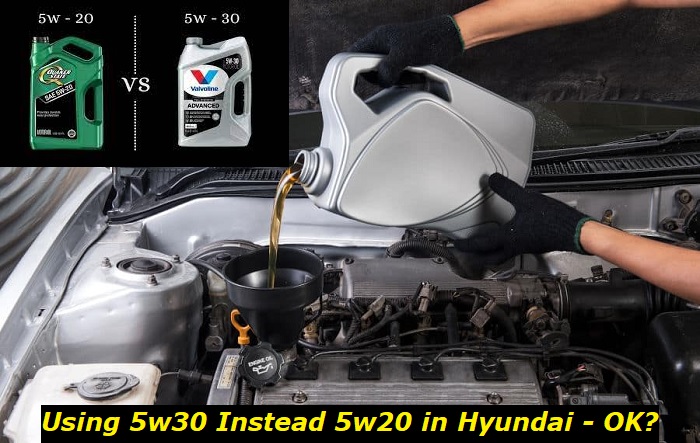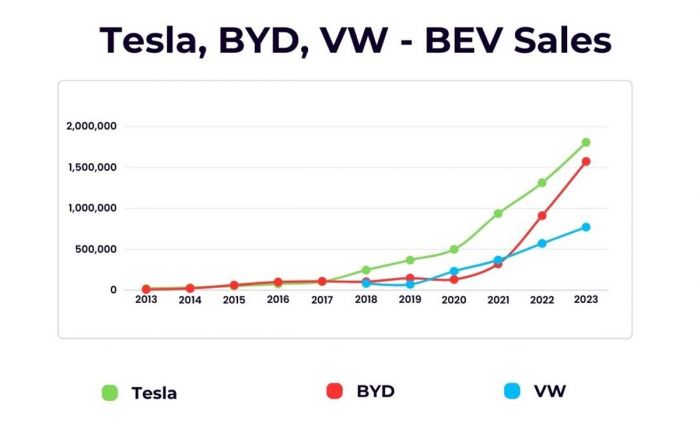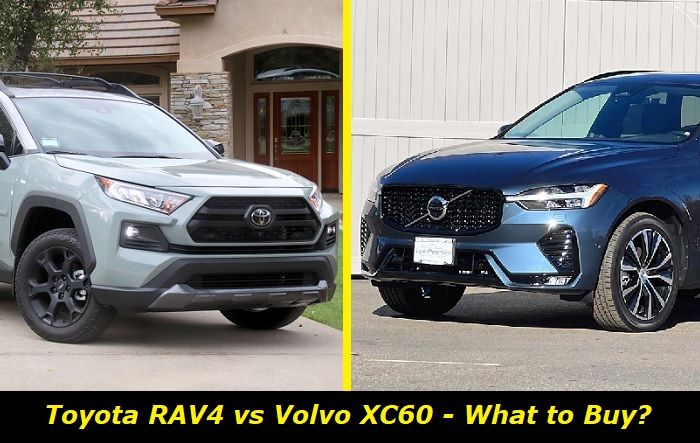Overall, you can use 5w30 in the majority of Hyundai engines without compromising their durability even though Hyundai recommends using 5w20. In most cases, the recommendation to use 5w20 comes from the EPA just because this viscosity of oil helps you save a couple of grams of fuel a day. Collectively, this makes a change in the US, they say.
Oil viscosity problems highlights
- Level of urgency:medium
- Average mileage:not related to mileage
- Repair cost:$250 - $350
- DIY repair:possible
- Commonreasons:wrong oil, wrong mechanic's advice
- Ifignored:reducing the lifespan of the engine
- How to solve:justchange the oil and use the recommended or OEM type

How does 5w30 oil differ from 5w20?
So, 5w20 oil is less viscose. That's all. This is how it differs from 5w30. Of course, you should only use full synthetic oil in any modern Hyundai engine - this is the only way you can preserve it from internal damage. So, we are only talking about full synthetic oil types now, this is important.
The idea is that the not-so-viscose oil is better for the engine in terms of several things just as lubrication through small oil passages and friction between parts that are located very closely to each other.
But the trick is that 5w20 may not be so good for the engine in the long run. I mean it doesn't form a stable film on the cylinder walls and it allows the engine to crank several times without being lubricated properly during cold start. So, let's see if this is bad for your Hyundai engine.
Should I use 5w30 in my Hyundai engine?
You may have noticed that almost all car manufacturers now recommend the 5w20 oil type. There are several reasons for that:
- it's not really viscose and can easily go through all passages quickly;
- it's not that viscose when it's cold;
- it helps the engine rotate freely and waste less power on friction;
- it's good for fuel economy - just a couple of drops a day, but everything counts nowadays.
So, the EPA thinks this oil is more eco-friendly thanks to economizing your fuel and reducing the emissions. Manufacturers are also happy because 5w20 oil will cost more than 5w30, so they get more income. But is the driver happy?
Well, almost any engine that can use 5w20 can also work well with 5w30, especially during the hot summertime. These types of oil are almost identical but the 5w30 has several important advantages:
- it's cheaper than 5w20;
- it forms a better protective film that stays longer on metal surfaces;
- it can last longer;
- it won't be burned by the engine intensively;
- it's good for overall engine durability.
When I'm saying "good for durability", I don't mean that 5w20 oil will make your engine break down at 100,000 miles while the 5w30 will get it to 200,000 miles. No, the actual advantages are much less epic.
Also, the durability of your engine depends on so many other factors that the factor of oil used for lubricating the engine is not in the first ten important features that define the engine's longevity.
But you should be careful! Find out which type of engine you use in your vehicle and check if Hyundai allows drivers to use 5w30 type of oil in other countries. For example, in Europe, EPA recommendations are not taken into consideration, so there, Hyundai may recommend both 5w20 and 5w30 oil types.
Why is it important to check? Because it means that your engine was tested with this type of oil and the manufacturer knows it will be OK.
If you find out that in all markets and all countries, Hyundai insists on using 5w20 oil for your engine, you should avoid using anything else than that.
When will 5w30 be an even better idea?
First of all, you may turn to using 5w30 oil in your Hyundai if you live in a hot climate zone and the winter is also warm in your area. Or you may use it in summer and then turn back to 5w20 in winter.
Also, if your vehicle is used for highway driving, you may also go to 5w30 oil which will protect the engine better.
Also, older engines with more than 150,000 miles that already start burning some oil, will benefit from 5w30. They will consume less oil and will get better and more stable oil film on their parts.
Other than that, there is no reason to change the oil that's recommended for your engine by the manufacturer.
Final thoughts
Although I'm not a big fan of experimenting with oil types and viscosity parameters, changing from 5w20 to 5w30 will not obviously do anything bad to your vehicle. It's important to check whether Hyundai recommends 5w30 for this engine in other markets before you make such a decision.
Also, you shouldn't expect a lot of benefits from turning to this kind of oil. It's important to choose high-quality full synthetic oil that will last at least 10K miles. I recommend changing the oil more often in Hyundai vehicles - about once every 6-7 thousand miles.
About the authors
The CarAraC research team is composed of seasoned auto mechanics and automotive industry professionals, including individuals with advanced degrees and certifications in their field. Our team members boast prestigious credentials, reflecting their extensive knowledge and skills. These qualifications include: IMI: Institute of the Motor Industry, ASE-Certified Master Automobile Technicians; Coventry University, Graduate of MA in Automotive Journalism; Politecnico di Torino, Italy, MS Automotive Engineering; Ss. Cyril and Methodius University in Skopje, Mechanical University in Skopje; TOC Automotive College; DHA Suffa University, Department of Mechanical Engineering






Add comment